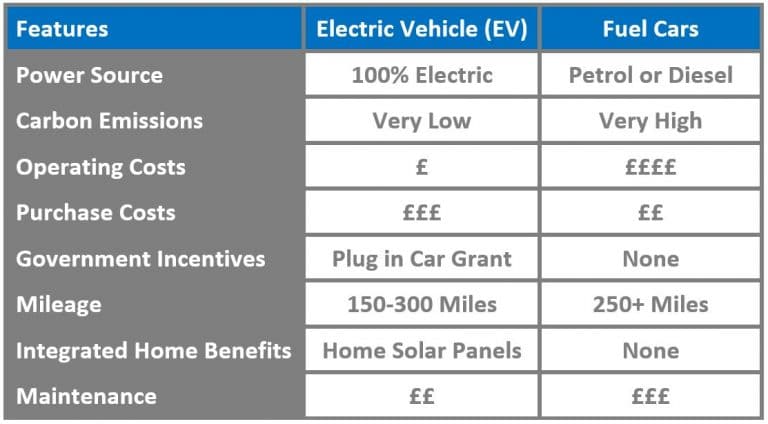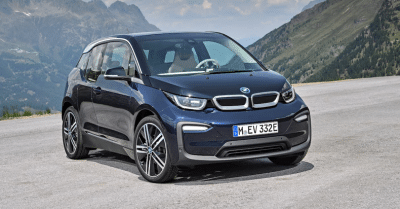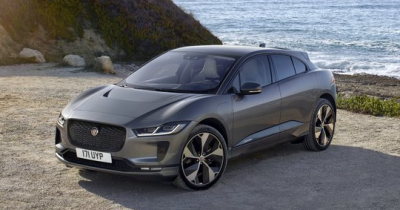Electric Vehicles
What is an Electric Vehicle?
Electric vehicles use electric motors and batteries to drive the vehicle instead of the conventional fuel (Petrol or diesel) engine and in some cases electric vehicles can be a hybrid of the two.
Types of Electric Vehicle:
- 100% Electric Vehicles (EV) contains a battery and electric motor to drive the vehicle. The battery is recharged by plugging into a charge point at home or at a commercial charging station.
- Plug-In Hybrid Vehicles (PHEV) contains a fuel (typically petrol) engine, generator, battery and electric motor and can be recharged in the same way as an EV however fuel must be topped up at a petrol station. This vehicle can also recharge the battery using the generator from braking.
- Self-charging Hybrid Vehicles contains a fuel (typically petrol) engine, generator, battery and electric motor. The vehicle requires fuel to be topped up at a petrol station and can recharge the battery using the generator from braking.
In this article we will focus on 100% Electric Vehicles or EV’s for short.

Key Differences between EV and Fuel Cars (Petrol & Diesel)?
Overall electric vehicles have many advantages to fuel cars as they can be charged at home and are financially supported by the government. If your home has solar panels you can charge your EV for free during daylight hours.

What are the Different Levels of EV?
EVs come in many shapes and sizes from compact hatchbacks to luxury coupe and SUV’s. Here are just a few EVs across a wide range of prices and driving ranges.
Mid Range

High End


*Based on ~10,000 miles per year **Includes total cost of vehicle and government plug in car grant of £3,500
What are the Available Incentives?
There are currently two available government incentives for EV;
- Low-Emission Vehicles Plug-In Grant: A grant to cover the cost of purchasing an EV (Up to £3,500 or 35% of the purchase price) and covers a range of vehicles. You can find out more by clicking here.
- Electric Vehicle Home Charge Scheme – A grant to cover the cost of installing an EV charge point in your home (Up to £500 or 75% of the purchase price) and covers a range of chargers. You can find out more by clicking here.
Where do I Charge my EV?
Anywhere with a plug socket! Not really, but it’s getting very close to this point and you can charge your EV almost anywhere. You home, carparks, public locations, petrol (charging) stations and many work offices are installing charge points.
You can find your nearest public charge point location by clicking here.
How can Mantis Energy Help?
Electric vehicles can significantly reduce your fuel bill and can be integrated with your home. Electric Vehicles can benefit from other renewable technology such as solar panels, batteries and heat pumps.
If you would like further advice on electric vehicles and are considering any energy efficiency or renewable energy retrofit work, Mantis Energy provide independent advice on various measures and technologies.
